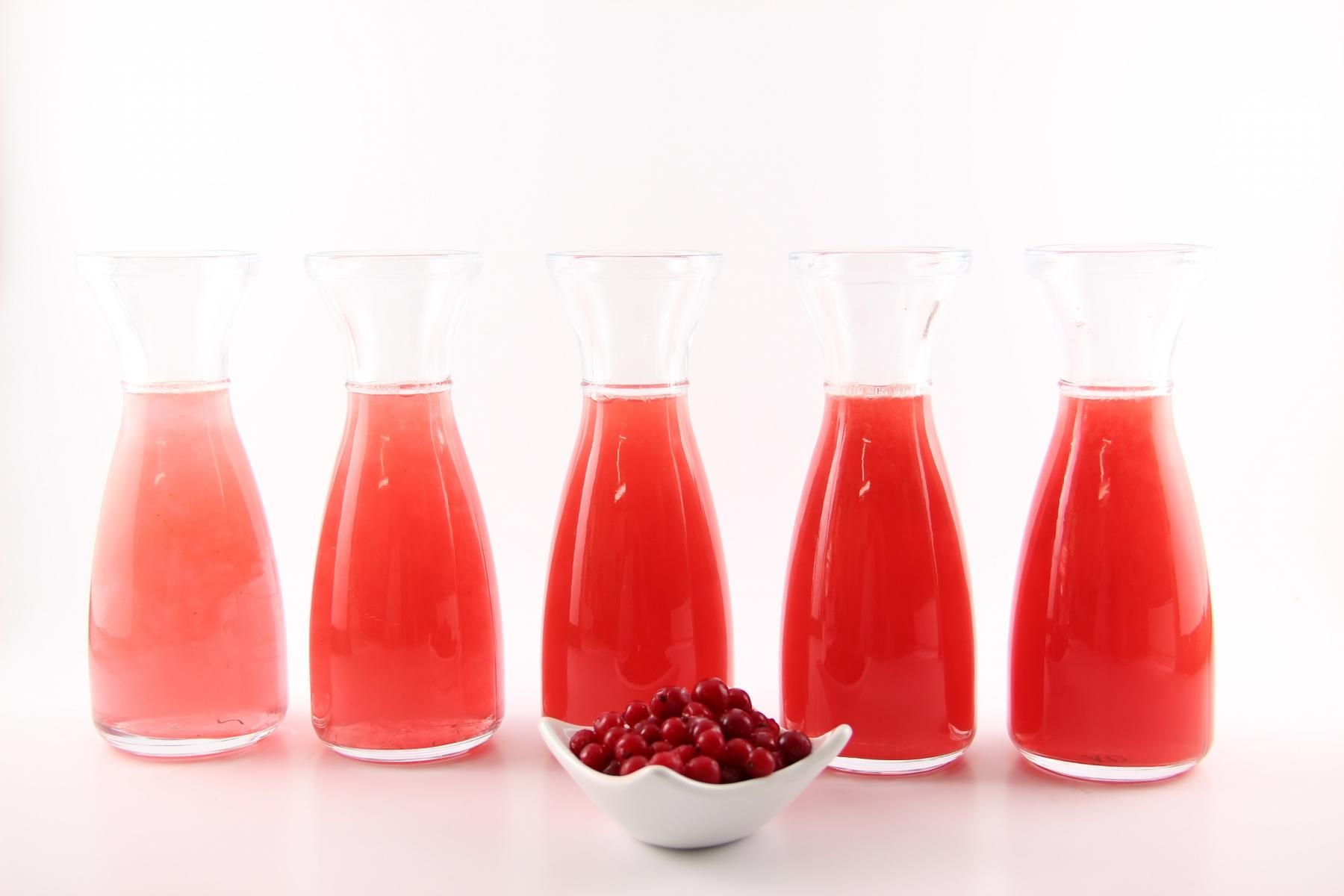IFT Preview: Lycopene Color Replacement for Carmine
The colors are a natural solution for food manufacturers who want to replace the insect-derived cochineal extract in their formulations.

LycoRed will showcase its new lycopene-derived color line at the upcoming IFT trade show. These new formulations of vegetarian red colorants are part of the company’s Tomat-O-Red line. According to the company, the new formulations provide deeper, red lycopene color with blue backgrounds, similar to the shades obtained from carmine. This makes them a natural solution for food manufacturers who want to replace the insect-derived cochineal extract in their formulations.
The new Tomat-O-Red lycopene colorant formulations are available in liquid forms, are vegetarian, and are free from any allergenic components as listed in the EU’s Directive 2007/68/EC and those identified in the USA’s Food Allergen Labelling and Consumer Protection Act of August 2, 2004.
LycoRed adds that a recently published Leatherhead – Mintel report showed that, in 2011, for the first time sales of natural colors overtook the sales of the synthetic/artificial colors. And, according to latest report from Innova Market Insights on natural colors, the strong growth from 2008 to 2012 of global product launches utilizing natural colors demonstrates the influence of various trends, such as natural and clean label. These factors, along with consumer demand, have fuelled the natural colorant trend.
LycoRed Ltd. Booth #3167
The Nutritional Outlook Podcast Episode 35: Prioritizing Women's Health Research and Innovation
October 28th 2024On this month's episode of the Nutritional Outlook Podcast, Cepham's founder and president, Anand Swaroop, discusses the company's recent announcement to prioritize women's health research and innovation.
The Nutritional Outlook Podcast Episode 34: Demystifying Prebiotics and Postbiotics
September 30th 2024In this episode of the Nutritional Outlook Podcast we are looking back on a webcast Nutritional Outlook hosted in May, called “Demystifying the Prebiotic and Postbiotic Markets.” During that event, Sandra Saville, director of education and communication for the International Probiotics Association and Dr. Jessica A. Younes, scientific director of the International Probiotics Association debunked myths about prebiotic and postbiotics, and defined the respective categories to help manufacturers better understand how to responsibly formulate and market prebiotic and postbiotic products.